Surviving head and neck cancer is a journey that often involves overcoming numerous challenges, both physical and emotional. At I-SPIE Health, we understand the complexities of life after head and neck cancer treatment and the importance of a holistic approach to supporting survivors.
In this comprehensive guide, we’ll delve into some of the many causes of head and neck cancer, management of side effects, what happens during treatment, the long-term effects, challenges survivors may face, strategies to overcome these challenges, and the role of a holistic approach in promoting overall well-being and reducing the risk of recurrence.
How & Why Head And Neck Cancer Happen
Head and neck cancer can develop in many areas, including but not limited to the mouth and throat, larynx, sinuses, and nose.
The primary risk factors include tobacco use (both smoking and chewing), heavy alcohol consumption, exposure to Human papillomavirus (HPV), and a history of radiation therapy to the head and neck region.
Additionally, genetic factors and environmental exposures can also contribute to the development of these cancers.
What Happens When You Have Head And Neck Cancer?
Cellular Abnormalities:
Head and neck cancer originates when normal cells undergo genetic mutations, causing them to become abnormal. These mutated cells then divide and grow rapidly, forming clusters that develop into tumors within the mouth, throat, larynx, or other areas of the head and neck.
Tumor Formation:
As the abnormal cells continue to proliferate, they form tumors that can vary in size and location. These tumors can impair essential functions such as swallowing, speaking, and breathing, depending on their size and proximity to vital structures in the head and neck region.
Metastases Risk:
If left untreated or remain undetected, head and neck cancer cells can break away from the primary tumor and travel through the lymphatic system or bloodstream.
This increases the risk of metastasis, where cancer spreads to nearby lymph nodes or distant organs like the lungs, liver, or bones, leading to more complex treatment challenges and poorer prognosis. Early detection and intervention are crucial in reducing the risk of metastases and improving outcomes for patients with head and neck cancers.
Side-Effects and Long-Term Effects of Treatment
- Swallowing Challenges: Treatment or mass effect of the tumor can lead to dysphagia, making it difficult to swallow food and liquids comfortably.
- Speech and Voice Changes: New-onset hoarseness can be a symptom of cancer. Furthermore, radiation and surgery may alter speech and voice quality, requiring speech therapy for rehabilitation.
- Oral Health Issues: Dry mouth, loss of taste, and dental problems are common side effects of treatment that require ongoing management.
- Emotional Impact: Fatigue, anxiety, and depression can persist after treatment, necessitating psychological support and coping strategies.
- Physical Complications: Lymphedema, muscle weakness, pain, and mobility issues may arise, requiring physical therapy interventions.
Read More: 5 Things They Never Tell You About Life After Cancer
Challenges Head And Neck Cancer Survivors May Face:
Nutritional Challenges
Difficulties in eating and swallowing can lead to nutritional deficiencies, malnutrition, and weight loss and impact overall health and recovery.
Communication Barriers
Alterations in speech and voice quality can impact verbal communication, potentially resulting in feelings of frustration and social isolation.
Body Image Concerns
Coping with changes in appearance from scar tissue or modified facial features can impact self-esteem and confidence and lead to anxiety, depression, and distress for survivors.
Fear of Recurrence
The anxiety surrounding cancer recurrence can be intense, necessitating ongoing reassurance and support from healthcare professionals and caregivers.
Psychological & Emotional Impact
Adapting and adjusting to a new normal after treatment entails finding a balance between managing residual side effects and maintaining a fulfilling lifestyle.
Financial Strain
The cost of treatment, ongoing medical care, and potential loss of income due to disability or reduced work capacity can pose significant financial challenges for survivors and their families.
Navigating Through Challenges of Life After Head and Neck Cancer: How to Address and Overcome Them
Dealing with the challenges of life after head and neck cancer requires a multidisciplinary approach involving healthcare professionals, caregivers, and support networks. Strategies may include:
- Regular follow-ups with healthcare providers: Regular check-ins for monitoring and early intervention help to prevent potential issues.
- Dental care & hygiene maintenance: This is to maintain good oral health and prevent complications.
- Nutritional Counseling: Improving hydration and nutrition will be beneficial for recovery and improving overall well-being.
- Physical Therapy: Addresses musculoskeletal issues related to surgery and radiation therapy.
- Speech and Swallowing Therapy: Enhances communication and eating abilities for better daily function.
- Emotional Support: Modalities such as counseling, support groups, or individual therapy improve coping and mental well-being for the long haul.
- Education & Empowerment: Engaging in survivorship and support groups aids in informed decisions and improved outcomes.
Will A Holistic Approach Help?
Indeed, a holistic approach plays a crucial role in providing comprehensive support to head and neck cancer survivors. This approach focuses on the Spiritual, Physical, Intellectual, Emotional, and Social facets of recovery.
It emphasizes tailored care plans, encourages self-care routines, incorporates complementary therapies like acupuncture, yoga, and meditation, offers nutritional guidance, teaches stress management strategies, and fosters resilience and a renewed sense of purpose.
Embrace Your New Beginning!
Discover holistic support beyond head and neck cancer treatments with Madhavi Parikh. Take the next step towards a fulfilling life.
Get a Free Consultation Today!!!
Conclusion
Living life after head and neck cancer is a journey filled with challenges, but it is also a journey of resilience, hope, and healing. At I-SPIE Health, we are committed to empowering survivors to embrace a holistic approach to wellness, enabling them to thrive beyond cancer. By addressing the complexities of survivorship and providing comprehensive cancer support, we aim to improve the quality of life for all those affected by head and neck cancer.
FAQ
What are some of the end-of-life symptoms faced by head and neck cancer patients?
End-of-life symptoms for head and neck cancer patients may include severe pain, difficulty swallowing, unintentional weight loss, fatigue, respiratory distress, and changes in consciousness.
How long does it take to recover from head and neck radiation therapy?
Recovery time from head and neck radiation varies depending on factors such as the type and stage of cancer, type of radiation therapy received, response to treatment, and overall health. It can range from a few weeks to several months, with ongoing follow-up care for long-term management of side effects.
Can head and neck cancer be cured?
Head and neck cancer can be curable if detected early and treated promptly, underscoring the importance of regular screenings and awareness of potential symptoms. Outcomes depend on factors such as cancer stage, location, individual health, and response to various treatments (e.g., surgery, radiation therapy, chemotherapy, targeted therapy, immunotherapy, etc.).
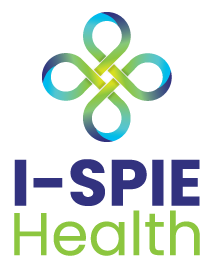

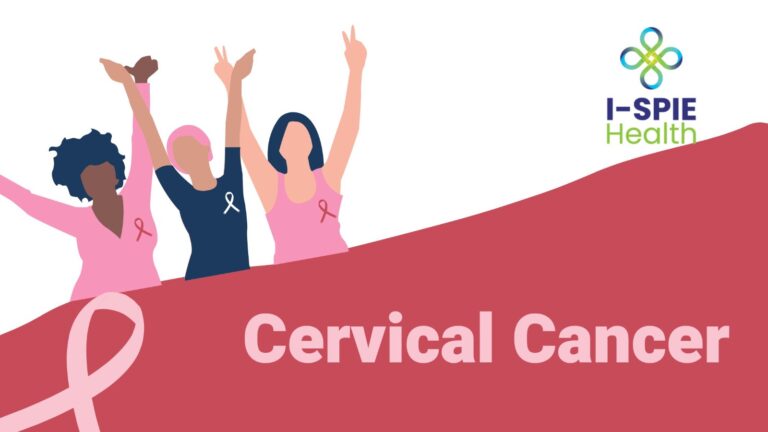
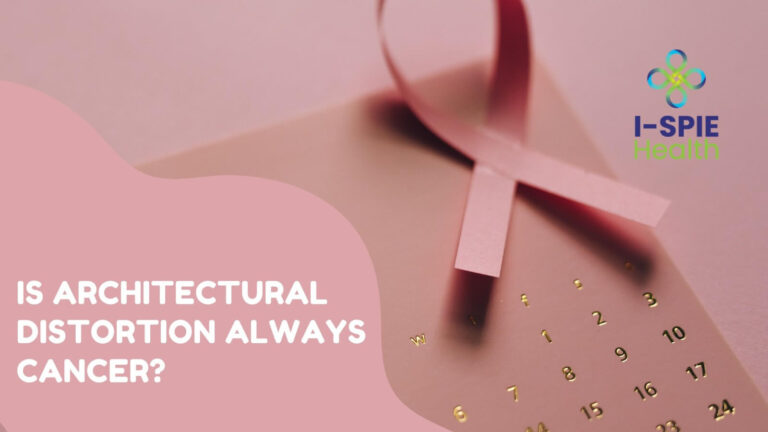
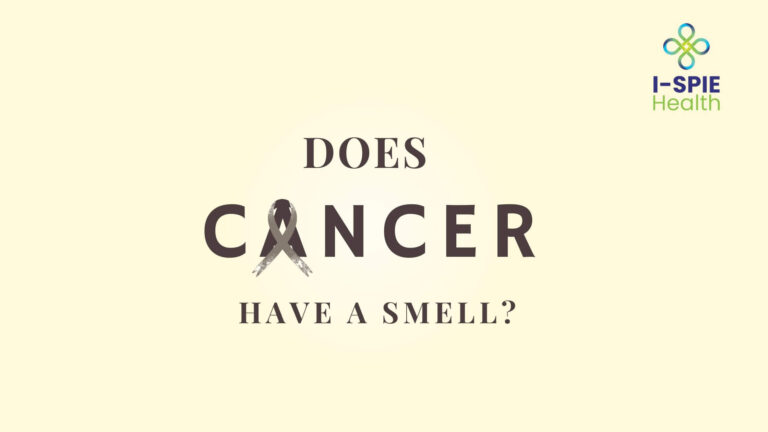
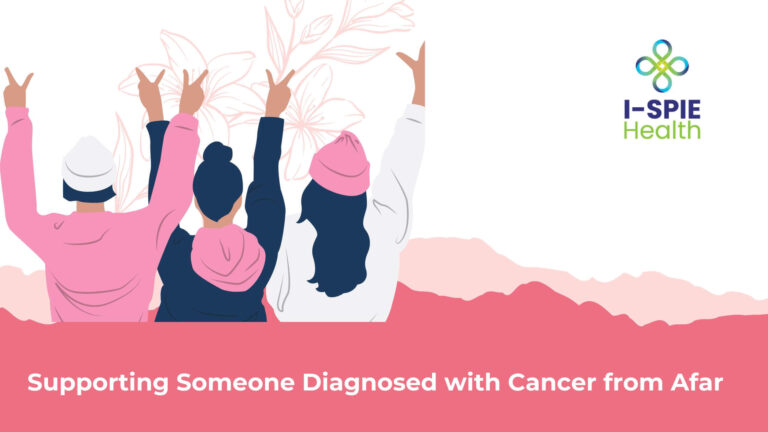


One Comment